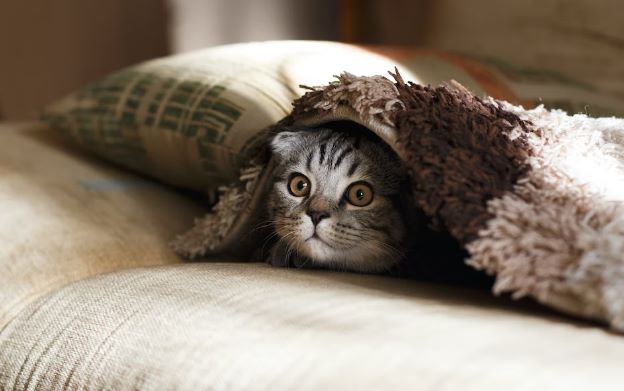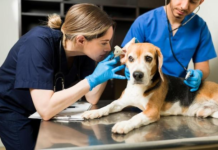Cat lovers in Australia need to be aware of the potential for their pets to contract heartworm. Heartworm is a potentially fatal parasitic disease spread through mosquitoes and can affect both cats and dogs, although it’s less common in cats. Symptoms of heartworm in cats vary widely depending on how long the infection has been present and how advanced it is.
What is Heartworm?
Heartworm is a parasitic roundworm (Dirofilaria immitis) that lives in the heart and lungs of cats and dogs. It’s spread through mosquito bites, which inject larvae into the host animal where they grow and develop into adult worms over several months.
Causes of Heartworm in Felines
As previously mentioned, heartworm is caused by mosquito bites. However, certain environmental and behavioural factors increase the chance of a cat contracting the parasite. Cats that live or roam outdoors are particularly at risk, as they are more exposed to mosquitoes than indoor cats. Additionally, the presence of standing water near where the cat lives may increase the chance of mosquitoes carrying heartworm larvae.
Symptoms of Heartworm in Cats
Cats are not as likely as dogs to display symptoms, and many cats that are infected remain symptom-free. However, some cats may show signs of ill health such as lethargy, vomiting, coughing, difficulty breathing and loss of appetite. If a cat is showing signs of heartworm disease, it is very important to have a veterinarian diagnose and treat the infection quickly to prevent further complications. In more severe cases, cats may experience anemia, fluid accumulation in the chest and abdomen, and fainting due to obstruction of the heart by large numbers of worms.
The risk for a cat to become infected is highest with increasing age, exposure to other infected animals, and living in an endemic area. Owners should regularly have their cats tested for heartworm infection and talk to their veterinarian about preventative medications. If a cat tests positive for heartworm infection, it is important to understand the available treatment options and their potential risks.
Treating Heartworm in Cats
Treatment may involve anthelmintic drugs, surgery, or a combination of both depending on the severity of the infection. It is important to work with a veterinarian to ensure that the treatment plan is tailored to the individual cat’s situation.
Anthelmintic drugs are typically administered by injection or orally. Injectable medications are more effective at killing adult worms, while oral medications can help kill larval stages. The most common anthelmintic drugs used to treat heartworm infections in cats are ivermectin and milbemycin oxime.
If you go away for longer than a night or two, use reliable services like Animal Tracks pet boarding that provides your pet with a safe and comfortable environment. Alternatively, have a family member stay with your cat while you’re away.
Summary
Heartworm is a serious and potentially fatal infection for cats. To prevent heartworm, talk to your veterinarian about using monthly prevention medications such as ivermectin and milbemycin oxime. If you’re proactive and a responsible owner, you can protect your feline friend for many years to come!











